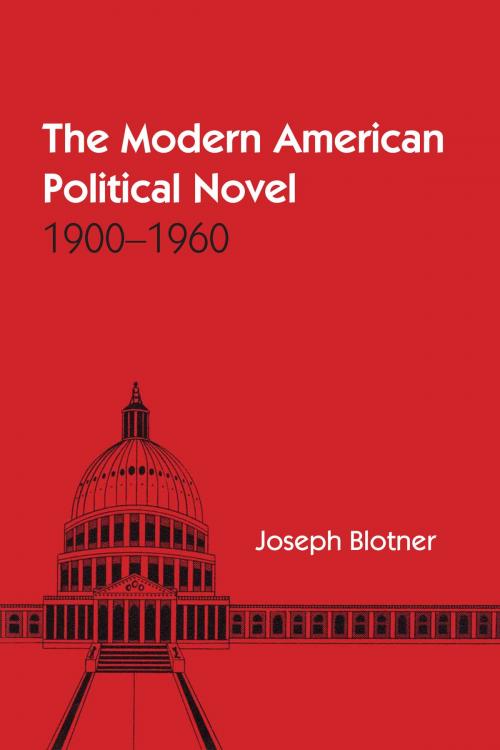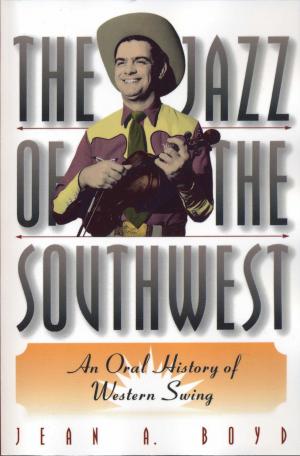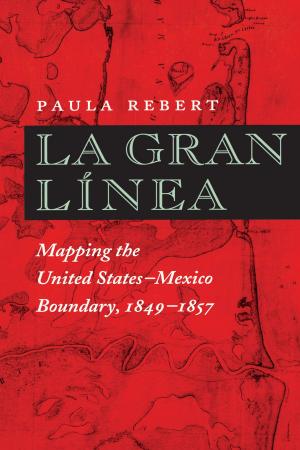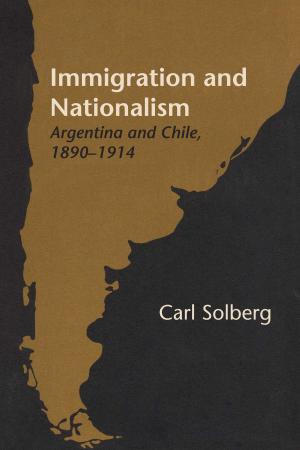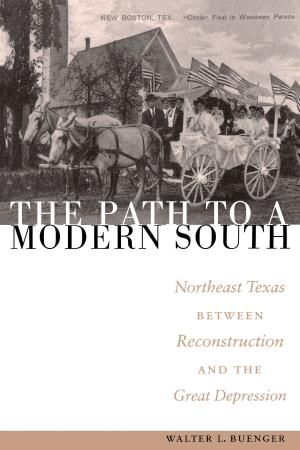The Modern American Political Novel
1900-1960
Fiction & Literature, Literary Theory & Criticism, American| Author: | Joseph Blotner | ISBN: | 9780292763678 |
| Publisher: | University of Texas Press | Publication: | June 30, 2014 |
| Imprint: | University of Texas Press | Language: | English |
| Author: | Joseph Blotner |
| ISBN: | 9780292763678 |
| Publisher: | University of Texas Press |
| Publication: | June 30, 2014 |
| Imprint: | University of Texas Press |
| Language: | English |
Politics, the workings of government and of people in government, has long been a fertile field for exploration by the novelist. The political arena offers many examples of conflict—between individuals, groups, or the individual and the group, or within the individual. It is natural then that a sizable body of fiction has grown up using politics as a main source of action. In this study Joseph Blotner attempts "to discover the image of American poIitics as presented in American novels over a sixty-year span." His major discussion is limited to 138 novels dealing directly with candidates, officeholders, party officials, or "individuals performing political acts as they are conventionally understood." He also refers to nineteenth-century predecessors, European analogues, or other twentieth-century American novels as they bear on his discussions. Blotner gives a thorough examination of certain archetypal figures (the young hero, the political boss, and the Southern demagogue), which appear in central or subordinate positions in the action of many political novels. He finds that the novels reflect certain major movements or upheavals in the political history of the United States or the world (in particular, fascism and McCarthyism), and that they also give the political aspects of universal attitudes or problems (corruption, disillusionment, reaction, and the role of women and of the intellectual). The author presents a detailed analysis of each of these subjects, prefacing each analysis by a survey of the historical background out of which the fiction grew, and including a brief and often pungent assessment of the literary merits of each novel discussed. He also surveys a large body of political fiction which cuts across all of these categories: the novel of the future—both utopian and apocalyptic. The Modern American Political Novel will be of great interest to the student of twentieth-century literature; the political scientist, the sociologist, and even the practicing politician will also find its analyses useful and illuminating.
Politics, the workings of government and of people in government, has long been a fertile field for exploration by the novelist. The political arena offers many examples of conflict—between individuals, groups, or the individual and the group, or within the individual. It is natural then that a sizable body of fiction has grown up using politics as a main source of action. In this study Joseph Blotner attempts "to discover the image of American poIitics as presented in American novels over a sixty-year span." His major discussion is limited to 138 novels dealing directly with candidates, officeholders, party officials, or "individuals performing political acts as they are conventionally understood." He also refers to nineteenth-century predecessors, European analogues, or other twentieth-century American novels as they bear on his discussions. Blotner gives a thorough examination of certain archetypal figures (the young hero, the political boss, and the Southern demagogue), which appear in central or subordinate positions in the action of many political novels. He finds that the novels reflect certain major movements or upheavals in the political history of the United States or the world (in particular, fascism and McCarthyism), and that they also give the political aspects of universal attitudes or problems (corruption, disillusionment, reaction, and the role of women and of the intellectual). The author presents a detailed analysis of each of these subjects, prefacing each analysis by a survey of the historical background out of which the fiction grew, and including a brief and often pungent assessment of the literary merits of each novel discussed. He also surveys a large body of political fiction which cuts across all of these categories: the novel of the future—both utopian and apocalyptic. The Modern American Political Novel will be of great interest to the student of twentieth-century literature; the political scientist, the sociologist, and even the practicing politician will also find its analyses useful and illuminating.
